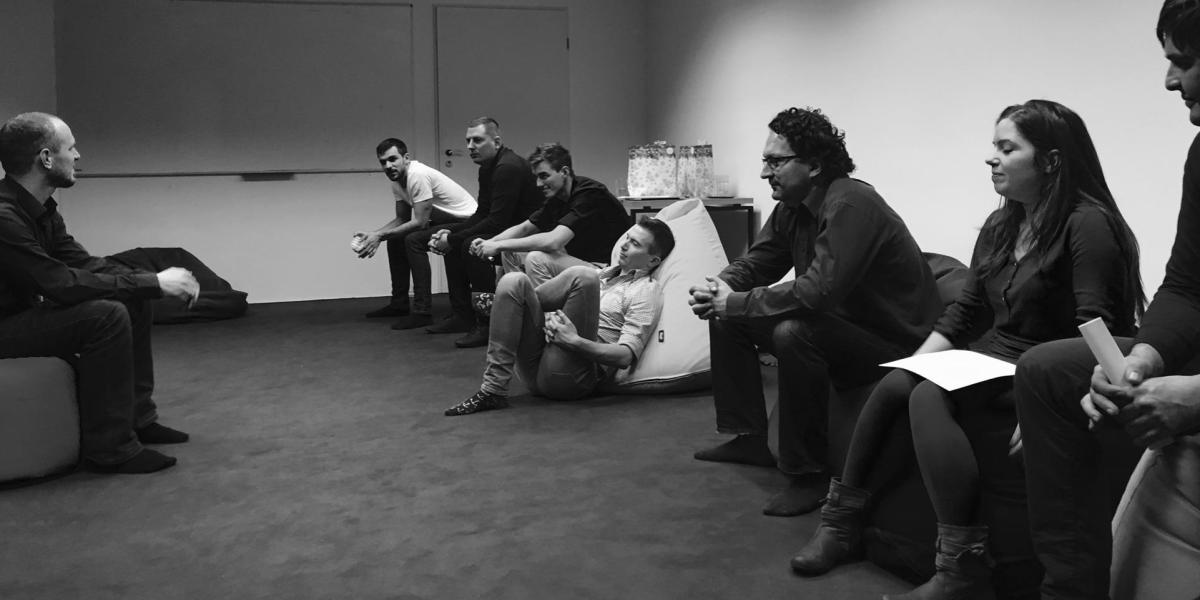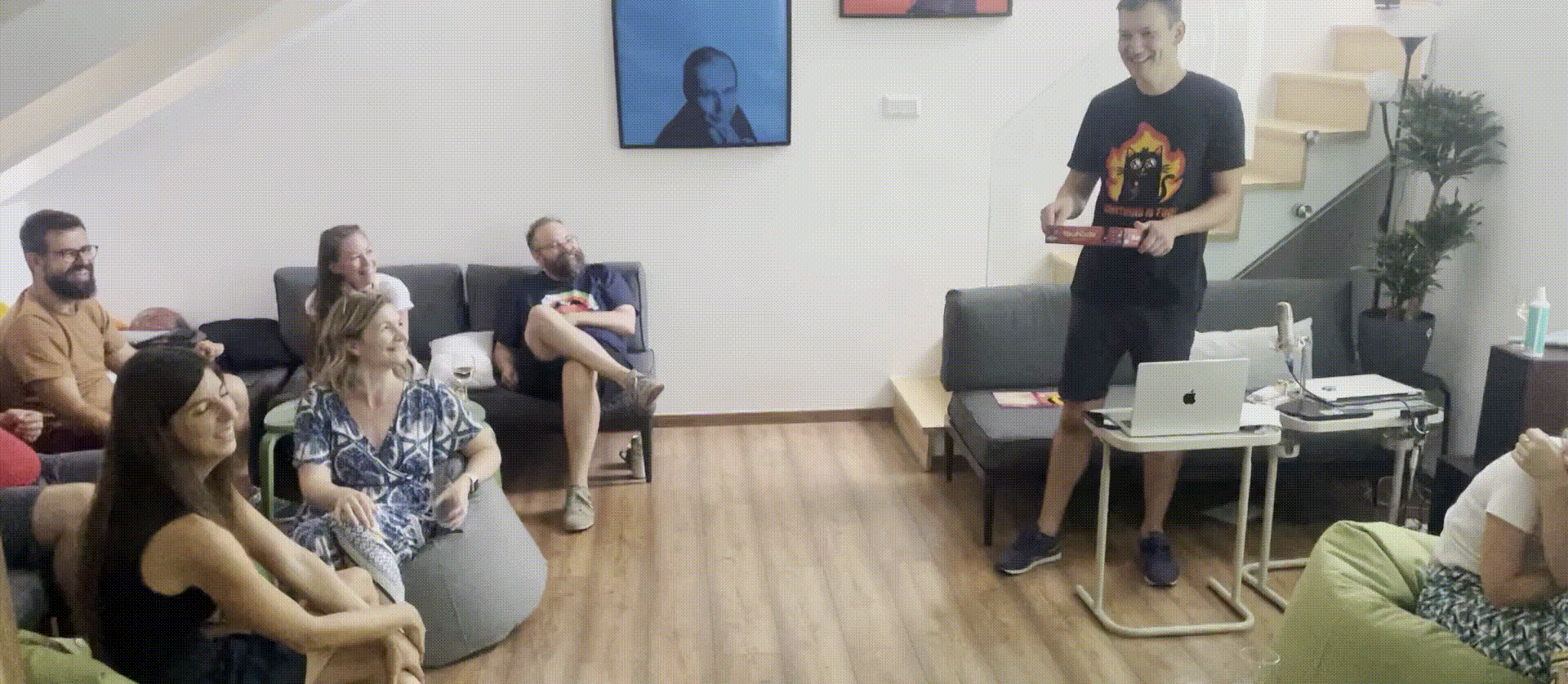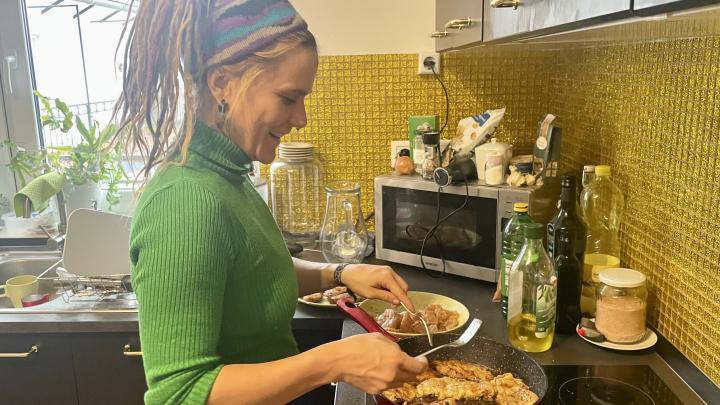
He had a firm handshake. He gave the impression of a cheerful, confident man. I glanced at his well-formatted CV as he told me polished stories about his previous jobs. He knew how to emphasize his strengths; the way he gestured and shaped his words was convincing.
I asked all the standard questions in the first ten minutes. I became tenser and tenser. I couldn't ask questions, and I couldn't understand why. I turned to Zsuzsi to take over; she immediately saw the situation and moved the conversation forward. As she spoke, I thought that everything seemed to be going round in circles. But it did. I couldn't decide if I could imagine working together for several years. It was time to get down to the nitty-gritty.
- Tell me about a situation where you were responsible for something not getting done.
She paused for a moment, frowning at the suspended ceiling. Was he silent for so long because there was no such story? Maybe he wondered what he could tell a job interviewer without giving too bad an impression? He gave his solutions with his hands out: in one situation, it turned out that it wasn't him; in another, it was his finding that he was too thorough in the situation that caused the problem.
- Tell me about a situation where they were angry with you! How did you experience it?
He replied that there was no such situation. At least not at work. He remembers being angry at the circumstances, but not at him.
I felt uncomfortable. A professional was sitting in front of me. I should hire him without hesitation. That's how it's done; that's how it is when someone comes prepared. I looked at Zsuzsi without knowing what to do next.
I thought of us sitting together on one of the retros. Where, along with the others, I was going through the motions. Where I reflect on my last two weeks. Without embellishing anything, without positioning myself in the hope of a better future. Because that's how it works. Because that's how we're made. Because that's the essence of fishing tensions out of the present and changing through reflections on such states of discomfort. Where it's worth saying, I was demotivated throughout the sprint. It's worth being thrown off and becoming disinterested. It's worth getting angry because something didn't go as expected. Energy is where all the feelings are. For many years, we retreated every two weeks until we got to the point where we dared to air out the tensions that had been swept under the carpet. It took a lot of openness and a safe framework. People who want to connect as well as problem-solving. People who will own up when they've made mistakes. Self-reflection. Without that, it doesn't work.
Sometimes, after an interview, I was unsure whether there should be a follow-up. This time, too, it took several days for the personal impressions to unravel and find words for what I perceived in the situation. A relatively coherent picture of competencies and motivation could be built up using the questions asked. This did not require a slow maturation of impressions. The quality of the connection is the dilemma with each interview. It is a highly subjective factor that can be inferred but hardly asserted with certainty. Therefore, the possibility of error is inherent in each adverse decision, making it challenging to take a clear position. We talked about it several times with Zsuzsi over lunch, focusing on one new detail after another until we finally reached a common ground.
Share with your friends!

